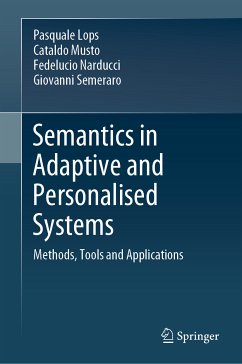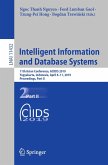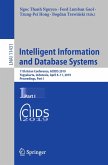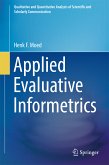Throughout the book, the authors provide an extensive analysis of the techniques currently proposed in the literature and cover all the available tools and libraries to implement and exploit such methodologies in real-world scenarios.
The book first introduces the problem of information overload and the reasons why content-based information needs to be taken into account. Next, the basics of Natural Language Processing are provided, by describing operations such as tokenization, stopword removal, lemmatization, stemming, part-of-speech tagging, along with the main problems and issues. Finally, the book describes the different approaches for semantics-aware content representation: such approaches are split into 'exogenous' and 'endogenous' ones, depending on whether external knowledge sources as DBpedia or geometrical models and distributional semantics are used, respectively. To conclude, several successful use cases and an extensive list of available tools and resources to implement the approaches are shown.
Semantics in Adaptive and Personalised Systems definitely fills the gap between the extensive literature on content-based recommender systems, natural language processing, and the different types of semantics-aware representations.
Dieser Download kann aus rechtlichen Gründen nur mit Rechnungsadresse in A, B, BG, CY, CZ, D, DK, EW, E, FIN, F, GR, HR, H, IRL, I, LT, L, LR, M, NL, PL, P, R, S, SLO, SK ausgeliefert werden.









